

Tao Te Ching

Arrogance and Pride
Though arrogance almost always casts a dark aura that increases delusion, ego-centrism, and failure; consequences of pride have more ambiguous results. The other side of Erasmus’ observation that “humility is truth” may be that pride means living in delusion. This delusion runs deep but could be necessary in some ways for a functioning society. It also obviously manifests in many more negative and destructive ways. There also though seems to be a pride based on truth—the truth of egolessness, basic goodness, and the sacredness of experience.
Quotes (87)
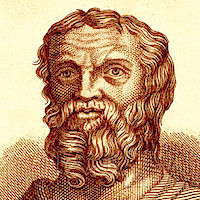
“The gods love to thwart whatever is greater than the rest. They do not suffer pride in anyone but themselves.”
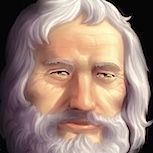
“Oh vain is man,
Who glories in his joy and has no fears;
While to and fro the chances of the years
Dance like an idiot in the wind!”
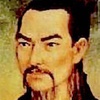
“Confucians corrupt men with their elaborate and showy rites and music and deceive parents with lengthy mournings and hypocritical grief. They propound fatalism, ignore poverty, and behave with the greatest arrogance... Such men are the destroyers of the people of the world!”
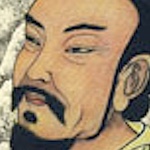
“Those who trust themselves cannot be swayed by slander or flattery. Those whose knowledge is sufficient cannot be enticed by power or profit.”

“The lofty pine is oftenest shaken by the winds; High towers fall with a heavier crash; And the lightning strikes the highest mountain.”

“How little is required to enslave a mind greedy for praise.
(Sic leve, sic parvum est, animum quod laudis avarum Subruit ac reficit)”

“Those who exalt themselves will be humbled, and those who humble themselves will be exalted.”
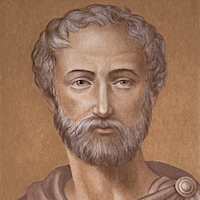
“The only certainty is that nothing is certain... nothing is more pitiable, or more presmptuous, than man!”

“Arrogance is the banal mask for cowardice but far more important, it is the most potent impediment to the flourishing life. Clear thinking and self-importance cannot logically coexist... Conceit is an iron gate that admits no new knowledge, no expansive possibilities, nor constructive ides.”

“It was pride that changed angels into devils; it is humility that makes men as angels”

“If you say, 'It's enough, I have reached perfection,' all is lost. The task of perfection is to help us see our imperfection.”
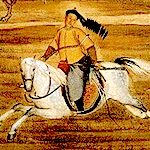
“The rich and successful who become arrogant bring calamity upon themselves; the wise do not try to possess their achievements.”
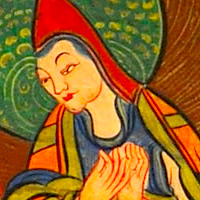
“The main characteristics of noble people are not to be pleased by praise; not to be displeased by criticism.”
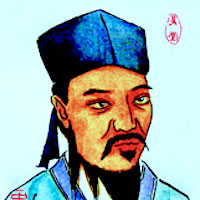
“Those who display themselves don’t shine for long. Those who flatter themselves don’t succeed for long. And those who parade themselves don’t lead for long”
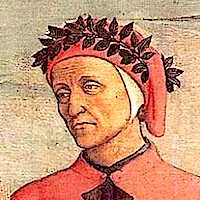
“Pride, envy, avarice—these are the sparks that set on fire the hearts of a all men.”
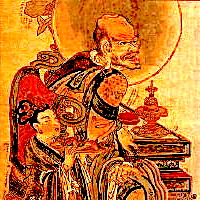
“It is a great error to act superior to others.... anyone truly versed in any art will be clearly aware of his own deficiency; and therefore, his ambition being never satisfied, he ends by never being proud.”
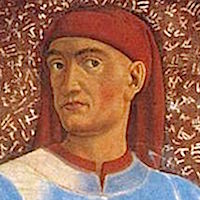
“A young woman is flighty, eager for many lovers; she rates her beauty beyond what the mirror shows and is proud… She know neither virtue nor intelligence and is always giddy like a leaf in the wind.”
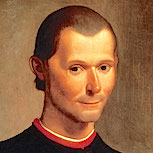
“he to whom he has from cowardice conceded the one thing will not be satisfied but will want to take other things from him, and his arrogance will increase as his esteem for the prince is lessened.”

“Pride thinks it's own happiness shines the brighter by comparing it with the misfortunes of others.”

“People raise themselves up on their tiptoes to see over the heards of others,but they cannot stand like ths for long.”

“The pompous speak with an echo and at every sentence look for applause or flattery but contempt is the only reward for self-satisfaction.
”

“Everyone has a high opinion of himself, especially those who have the least ground for it.”
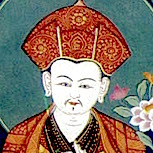
“If you don’t take the thought of death to heart, your spiritual practice will stray into conceit, arrogance, and materialism.”

“Pride is pleasure arising from a man's thinking too highly of himself.”

“The more we learn what humility is, the less we discover of it in ourselves”
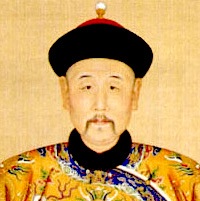
“Arrogance means that one knows how to press forward but not how to draw back… knows something about winning but nothing about losing.”

“He must be very ignorant for he answers every question he is asked.”

“From all those ideas which have crowded into my brain in conflict with each other, I have obtained nothing but uncertainty. However, it is much more sad and foolish for a man to believe he knows what in fact he does not.”

“What everyone most aims at in ordinary contact with his fellows is to prove them inferior to himself; and how much more is this the case in politics.”

“If you stroke a cat, it will purr; if you praise a man, a sweet expression of delight will appear on his face even though the praise is a palpable lie.”

“Pride works from within; it is the direct appreciation of oneself. Vanity is the desire to arrive at this appreciation indirectly, from without.”
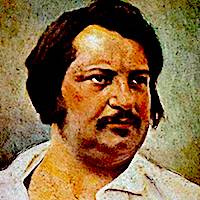
“Nothing so fortifies a friendship as a belief on the part of one friend that he is superior to the other.”

“Pride helps us; and pride is not a bad thing when it only urges us to hide our own hurts—not to hurt others.”

“the mistakes that we male and female mortals make when we have our own way might fairly raise some wonder why we are so fond of it”
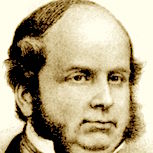
“Whenever someone brags about their common sense, you can be sure they have very little, either common or uncommon.”
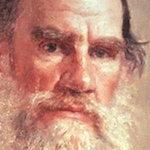
“A man is like a fraction whose numerator is what he is and whose denominator is what he thinks of himself. The larger the denominator, the smaller the fraction.”
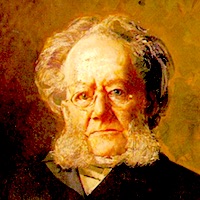
“the man who stands in the midst of the struggle and says, 'I have it.' only shows by doing so that he has just lost it.”

“Human pride is not worthwhile; there is always something lying in wait to take the wind out of it.”
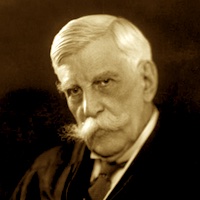
“If we think of our existence not as that of a little god outside, but as that of a ganglion within, we have the infinite behind us.”
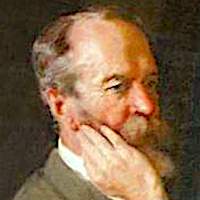
“I am done with great things and big plans, great institutions and big success. I am for those tiny, invisible loving human forces that work from individual to individual, creeping through the crannies of the world like so many rootlets which will rend the hardest monuments of pride.”
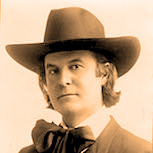
“There was one who thought himself above me, and he was above me until he had that thought.”
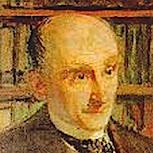
“The only cure for vanity is laughter, and the only fault that is laughable is vanity.”
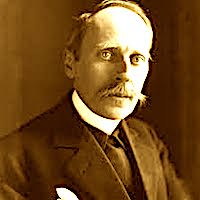
“Discussion is impossible with someone who claims not to seek the truth, but already to possess it.”
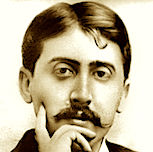
“Snobbery is a disease of the soul which, though serious, is localized and hence does not destroy in utterly.”

“Insanity is possession by an unconscious content when consciousness has denied its existence… this narrowness of consciousness, this hubris is always the shortest way to the insane asylum.”

“Whoever undertakes to set himself up as a judge of Truth and Knowledge is shipwrecked by the laughter of the gods.”
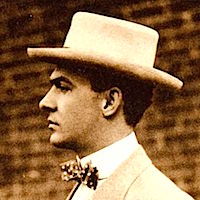
“Surrounded by treasure, you lie ill at ease; proud beyond measure, you come to your knees”
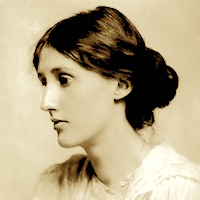
“Nothing can be more arrogant, though nothing is commoner than to assume that of Gods there is only one, and of religions none but the speaker's.”
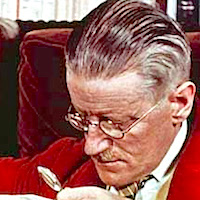
“You bowed to yourself in the mirror, stepping forward to applause earnestly”
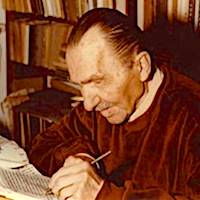
“there was poverty, and as if this were not enough, the pride which demanded that no one discover the poverty.”

“There is nothing so shallow as sophistication; it judges everything from the surface, and thinks it is profound. All modern life has been misled by it.”
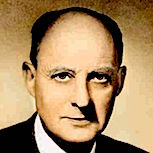
“If any one idea dominates the teachings of Jesus, it is his opposition to the self-righteousness of the righteous.”

“To his dog, every man is Napoleon; hence the constant popularity of dogs.”
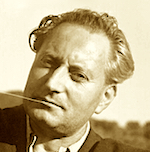
“Exceptional human qualities only arise when a person over the course of many years lives and works with only a generosity without any expectation of reward and without a shred of egoism.”
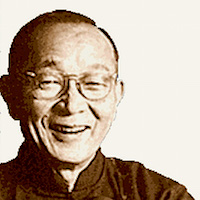
“Wisdom is principally a sense of proportion, more often a sense of our human limitations... a keen sense of what we are not—that we are not gods, for instance”

“There appears to be an innate human tendency to underestimate the capacity of those who do not belong to ‘our’ group. Those who do not share our background cannot have our ability. Foreigners, people who are in a different economic status, and the young seem invariably to be regarded as intellectually backward”

“But the conceited man did not hear him. Conceited people never hear anything but praise.”
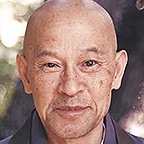
“One who thinks he is a good father is not a good father; one who thinks he is a good husband is not a good husband. One who thinks he is one of the worst husbands may be a good one if he is always trying to be a good one with single-hearted effort.”
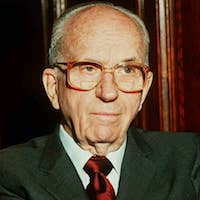
“The arrogance of the artist is a very profound thing, and it fortifies you.”
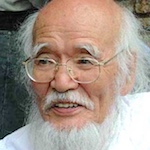
“young people—when they think they are beginning to understand nature—they can be sure that they are on the wrong track.”

“Nor is it a new thing for Man to invent an existence that he imagines to be above the rest of life; this has been his most consistent intellectual exertion down the millennia. As illusion, it has never worked out to his satisfaction in the past, any more than it does today.”
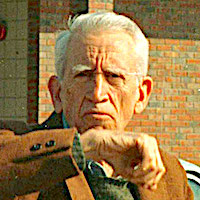
“you're beginning to give off a little stink of piousness. God damn it, there isn't any prayer in any religion in the world that justifies piousness.”

“To believe that our beliefs are permanent truths which encompass reality is a sad arrogance.”

“You can only be kind or cruel if you have, and cherish, a self… Altruism is the other side of egoism.”
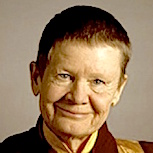
“‘No … big … deal’… don’t make too big a deal because that leads to arrogance and pride, or a sense of specialness. On the other hand, making too big a deal about your difficulties takes you in the other direction; it takes you into poverty, self-denigration, and a low opinion of yourself.”
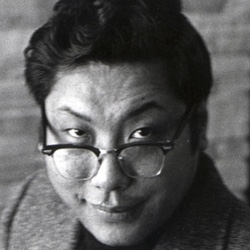
“Arrogant people are so involved with themselves and they are competing so much with others that they won’t even look. When you are fully gentle, without arrogance and without aggression, you see the brilliance of the universe.”

“All (Buddhist) teachings are basically related with a way of subjugating our ego, shedding our ego.”
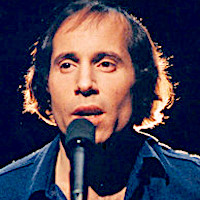
“If you can get humor and seriousness at the same time, you've created a special little thing, and that's what I'm looking for, because if you get pompous, you lose everything.”
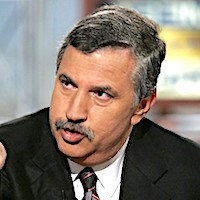
“Humiliation is the most underestimated force in international relations”
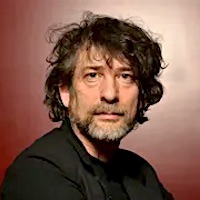
“Anyone who claims to know what's going on will lie about the little things too.”
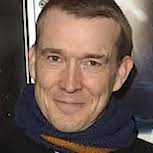
“Power is crack cocaine for your ego and battery acid for your soul.”

“We think we’re better than average at not being biased in thinking that we’re better than average.”
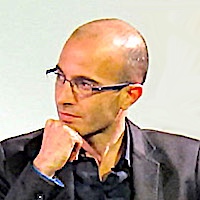
“Most people tend to believe they are the center of the world and their culture is the linchpin of human history... Personally, I am all too familiar with such crass egotism because the Jews, my own people, also think that they are the most important thing in the world... Needless to say, the British, French, Germans, Americans, Russians, Japanese, and countless other groups are similarly convinced that humankind would have lived in barbarous and immoral ignorance if it hadn't been for the spectacular achievements of their nation.”

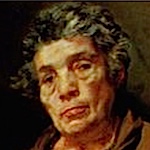


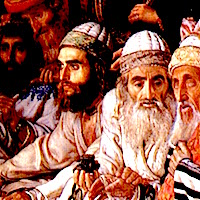

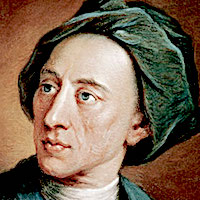

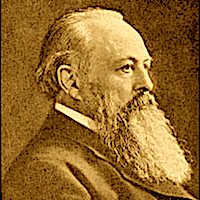
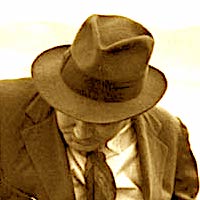


Comments (0)